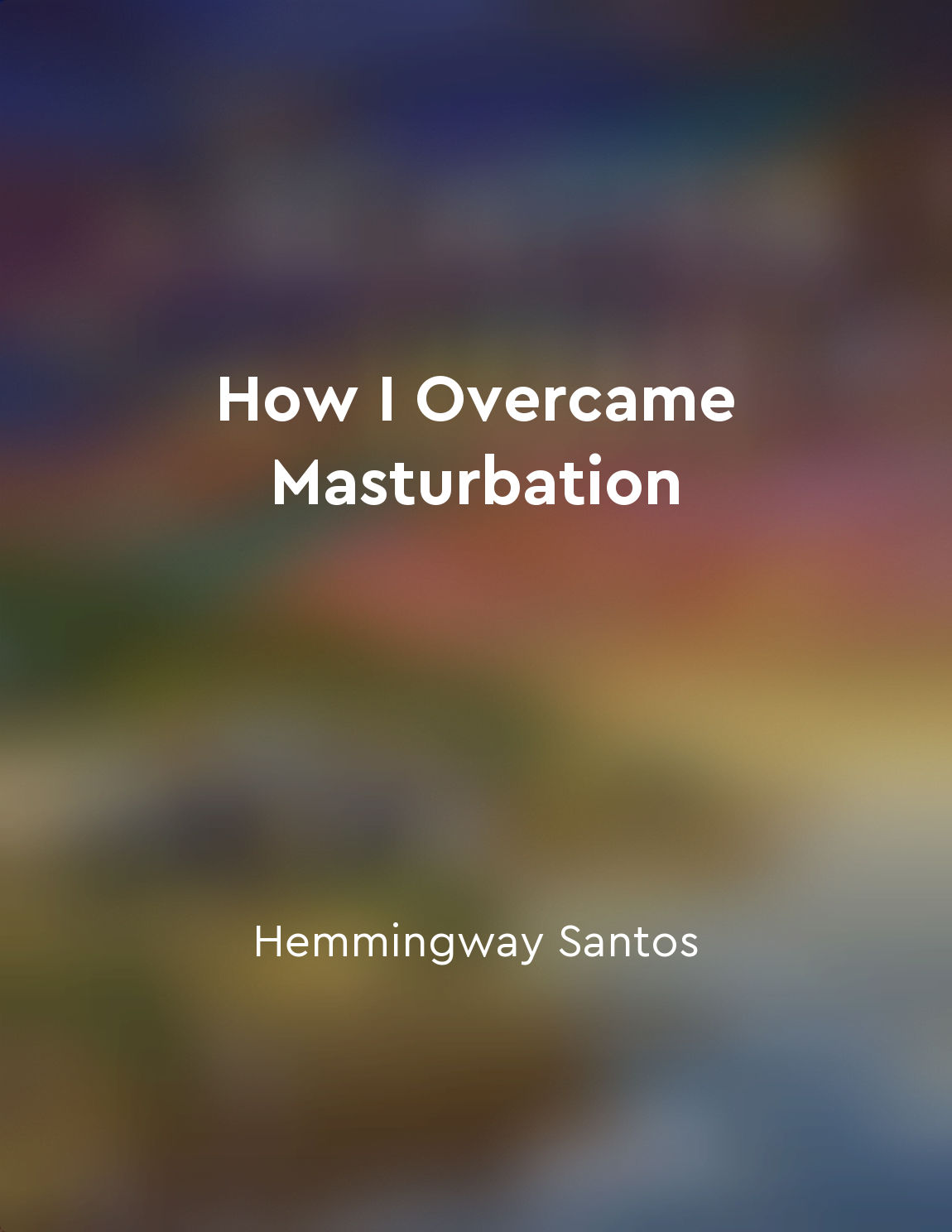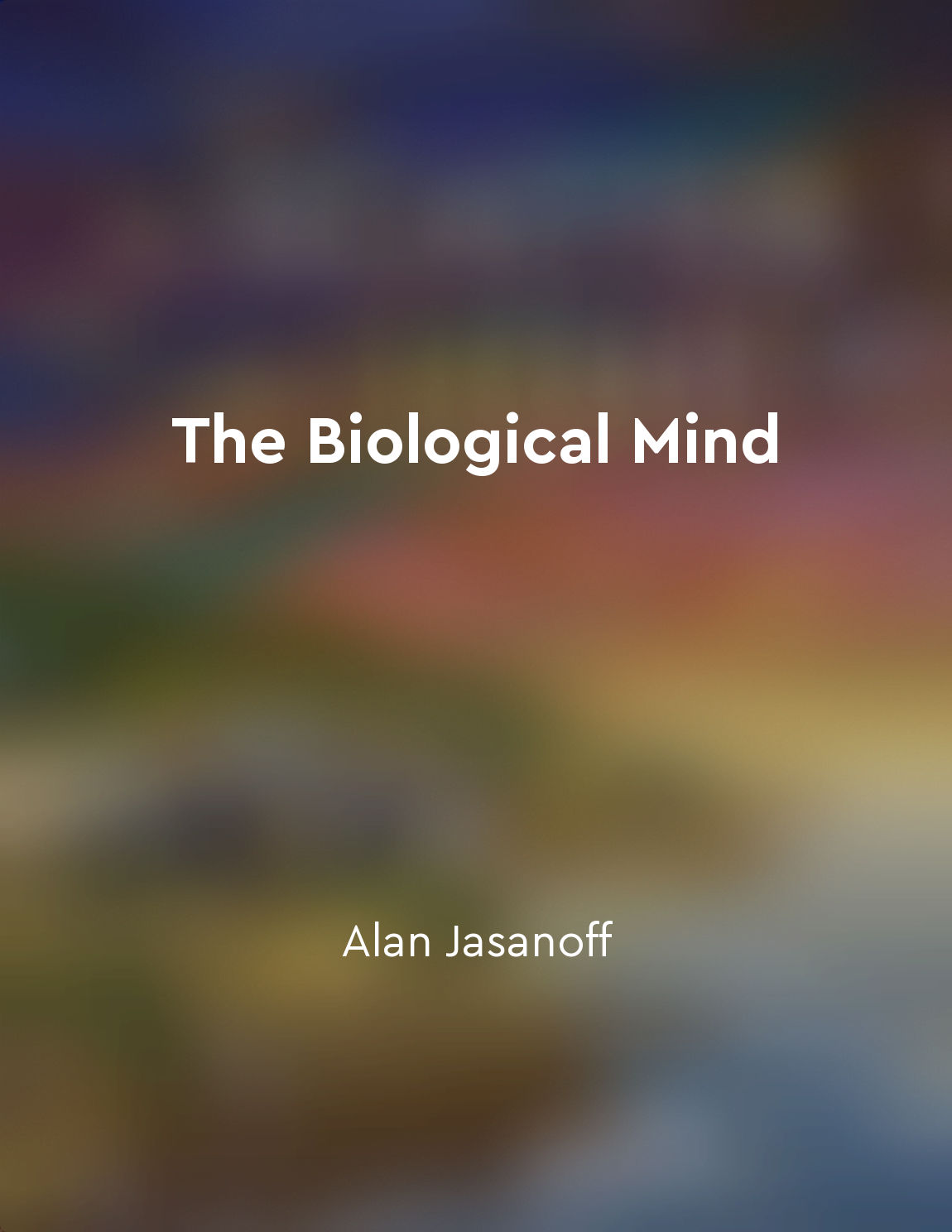We often give in to shortterm desires from "summary" of The Willpower Instinct by Kelly McGonigal
It's no secret that when it comes to making choices, our brains often prioritize short-term rewards over long-term goals. We find ourselves giving in to the temptation of immediate gratification, even when we know that it may not be in our best interest in the long run. Whether it's hitting the snooze button instead of going for a morning run, reaching for a sugary snack instead of a healthier option, or procrastinating on important tasks, we are constantly faced with the challenge of resisting instant pleasure for the sake of our future well-being. This tendency to prioritize short-term desires is deeply ingrained in our brain's wiring. Our primitive brain, also known as the limbic system, is responsible for our basic survival instincts and is wired to seek out pleasure and avoid pain. When we are faced with a choice between immediate gratification and delayed rewards, the limbic system often wins out, leading us to give in to short-term desires rather than sticking to our long-term goals. In addition to the influence of our primitive brain, external factors such as stress, fatigue, and environmental cues can also weaken our willpower and make it easier for us to succumb to short-term temptations. When we are feeling overwhelmed or depleted, our ability to resist impulses is compromised, making it even harder to make choices that align with our long-term goals. Furthermore, our environment plays a significant role in shaping our behavior, as cues and triggers in our surroundings can prompt us to give in to immediate gratification without even consciously realizing it. Despite the challenges posed by our brain's natural inclination towards short-term rewards, it is possible to strengthen our willpower and make choices that serve our long-term interests. By becoming more aware of our tendencies to prioritize immediate pleasure, we can begin to cultivate mindfulness and self-control in the face of temptation. Through practices such as mindfulness meditation, cognitive reframing, and goal setting, we can train our brains to resist short-term desires and make choices that align with our values and aspirations.- The key to overcoming our tendency to give in to short-term desires lies in developing a deeper understanding of our brain's inner workings and learning to work with, rather than against, our natural inclinations. By fostering self-awareness, self-compassion, and self-regulation, we can empower ourselves to make choices that lead to long-term fulfillment and well-being, rather than fleeting pleasures that may ultimately leave us feeling unsatisfied.
Similar Posts

Reflecting on past experiences aids in personal growth
As I sat down to ponder on my past experiences, I realized the profound impact they had on my personal growth. Reflecting on th...
People can reframe their thinking to create new habits
To create new habits, individuals must understand the framework of the habit loop, which consists of a cue, routine, and reward...
Avoid distractions and stay disciplined
In order to achieve your goals and make progress in life, it is essential to avoid distractions and stay disciplined. Distracti...
I have an unhealthy relationship with food
I'm not entirely sure what constitutes a "healthy" relationship with food. Is it when you eat only when you're hungry? Is it wh...
Mindfulness practices can help regulate dopamine levels
Mindfulness practices involve paying attention to the present moment without judgment. By doing so, individuals can observe the...
Identifying and changing habits requires selfawareness and introspection
Identifying and changing habits is often a challenging task that requires a high degree of self-awareness and introspection. On...
Relationships require effort and commitment
In order for relationships to be successful and fulfilling, it is imperative that individuals understand the amount of effort a...
Cultivate your interests and passions
To find your ikigai, you must cultivate your interests and passions. This means exploring different activities and hobbies that...

Integrating biology and neuroscience can deepen our understanding of the mind
The human mind has long been a source of fascination and mystery for scientists and philosophers alike. Through the ages, diffe...
Stress can weaken selfcontrol
In times of stress, the brain shifts into survival mode, activating the fight-or-flight response that has helped humans survive...

